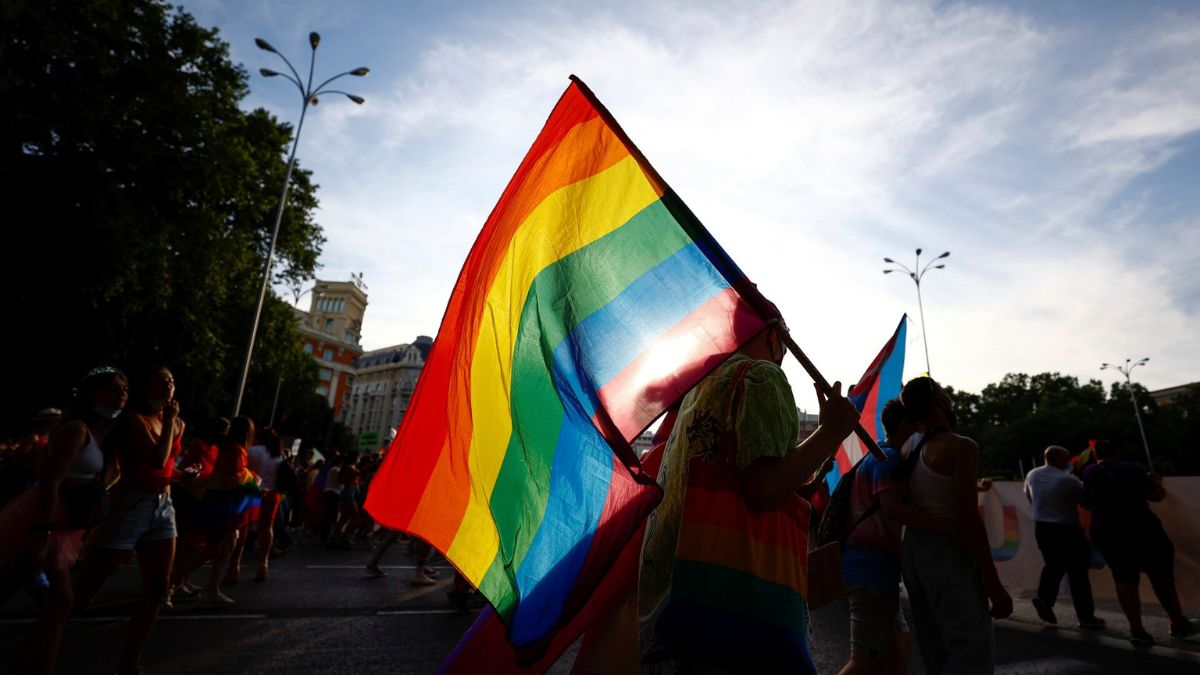

The LGBTQIA+ community has fought tirelessly for equality and recognition, and recent developments highlight both progress and ongoing challenges. Two key aspects of this ongoing discourse are the use of the term "queer" and the rights of LGBTQIA+ couples to form families.
The term "queer" has a complex history. For many older members of the LGBTQ+ community, particularly those who lived through the Stonewall era and the AIDS crisis, "queer" was a derogatory slur used to inflict pain and discrimination. It was a weapon used to marginalize and oppress individuals who defied societal norms regarding sexual orientation and gender identity. The trauma associated with this word runs deep for many in this generation [9].
However, in recent decades, younger generations have sought to reclaim the term "queer," imbuing it with a new sense of pride and empowerment. For them, "queer" represents a rejection of rigid labels and an embrace of fluidity and nonconformity. It encompasses anyone who feels outside the mainstream, challenging traditional notions of identity and sexuality. This reclamation has sparked debate within the LGBTQ+ community, with some questioning whether it is appropriate to use a term with such a painful past [9].
The debate over "queer" reflects the evolving nature of language and identity. While some find it empowering, others are reminded of past trauma. It underscores the importance of understanding and respecting diverse perspectives within the LGBTQ+ community. Ultimately, the decision to use or not use the term is a personal one, and it is crucial to be mindful of its potential impact on others.
Another critical issue is the right of LGBTQIA+ couples to form families. The right to marry, adopt, and raise children is fundamental to human dignity and equality. Several recent sources show how this right continues to be a topic of discussion. Despite progress in many countries, LGBTQIA+ families still face discrimination and legal challenges. Project 2025, for instance, aims to redirect federal funds towards promoting the "traditional nuclear family" and could potentially block LGBTQIA+ couples from fostering or adopting. Such policies reinforce exclusionary definitions of family and limit family planning options for LGBTQIA+ individuals [4].
Conversely, there have been advancements in parental recognition laws, which are essential for LGBTQ+ families. These laws ensure that the legal relationship between a parent and child is recognized, providing crucial protections related to healthcare decisions, education, and economic security [10]. While all states offer stepparent adoption to married couples, allowing same-sex couples to adopt their partner's children, co-parent adoption (which doesn't require marriage) is not available in all states.
The struggle for LGBTQIA+ rights is far from over. While societal attitudes have evolved, and legal protections have expanded in many areas, ongoing efforts are needed to combat discrimination and ensure full equality. This includes advocating for inclusive language, promoting legal reforms that protect LGBTQIA+ families, and challenging discriminatory policies that undermine their rights. The right to form a family, regardless of sexual orientation or gender identity, is a fundamental human right that must be upheld and protected.